The fossil fuel industry, often a topic of heated debate, has undeniably played a pivotal role in shaping the contours of modern civilization. From powering the engines of global industrialization to nurturing groundbreaking innovations, its influence has rippled through every facet of contemporary life.
Contents
Internal Combustion Engine

The invention of the internal combustion engine in the late 19th century transformed transportation. Powered primarily by gasoline—a fossil fuel derivative—this engine allowed for the development of the modern automobile, altering urban development, commerce, and global mobility. Today, billions of vehicles worldwide operate using internal combustion engines, all thanks to the availability and energy density of fossil fuels.
Electric Power Plants

The advent of coal-fired power plants in the late 19th century marked the beginning of large-scale electrical power generation. These plants converted the chemical energy from coal to steam, driving turbines connected to electrical generators. Coal remains a significant energy source for electricity, powering economies worldwide.
Petrochemicals & Plastics
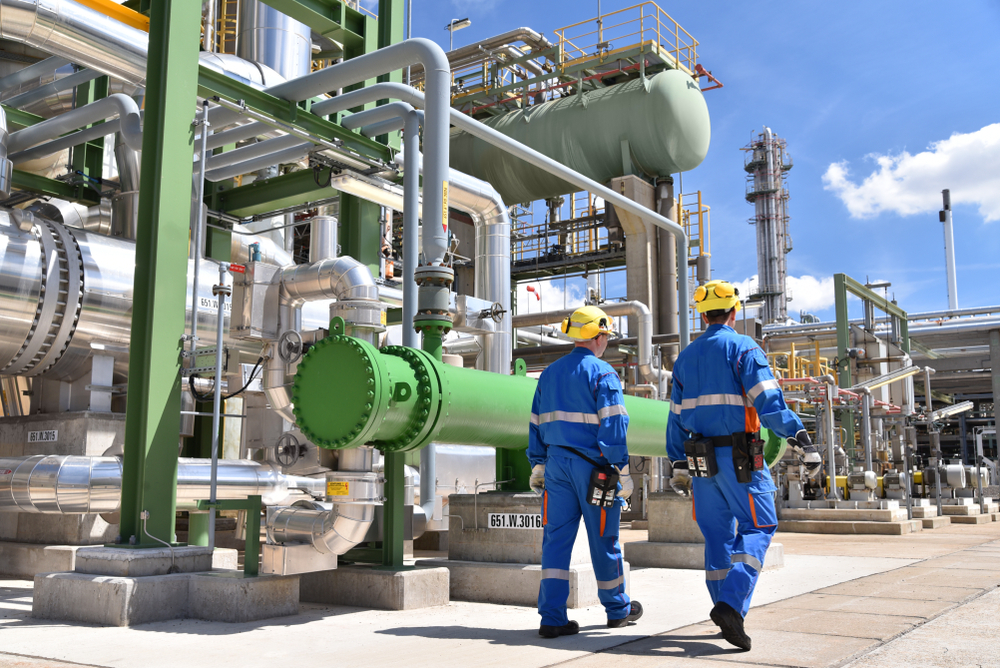
Derived from petroleum, petrochemicals serve as the foundational elements for a vast range of products. One of the most notable derivatives is plastic. Plastics play a pivotal role in our daily lives, from packaging to electronics to medical equipment. Their durability, malleability, and cost-effectiveness are unmatched.
Jet Fuel

The refinement of crude oil led to the development of jet fuel, which in turn propelled the aviation industry. Commercial aviation, military flights, and cargo transport heavily rely on the energy-dense properties of jet fuel, enabling long-distance and high-speed travel.
Natural Gas for Heating
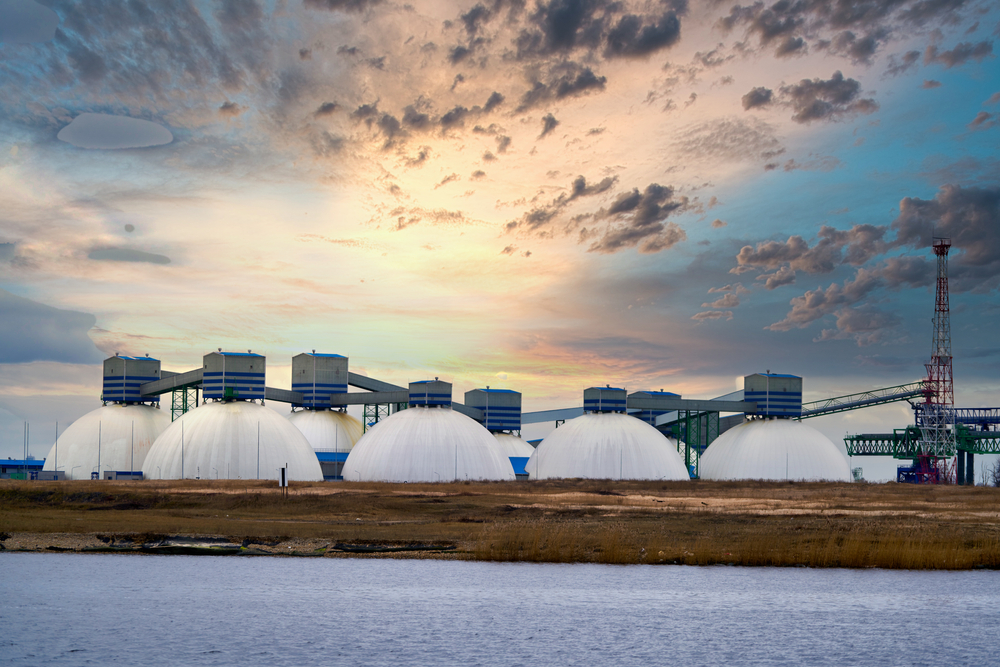
Natural gas, a fossil fuel, revolutionized home heating and cooking. Cleaner burning than coal and more efficient, it has become a primary heating source in many parts of the world, ensuring comfort and safety.
Fertilizers

The Haber-Bosch process, which produces ammonia from natural gas, transformed agriculture. This ammonia, when converted to various forms, acts as a potent fertilizer, significantly boosting crop yields and playing a crucial role in feeding the global population.
Lubricants

Derived from crude oil, lubricants reduce friction between mechanical parts, increasing the efficiency and lifespan of machinery. They are essential in industries ranging from automotive to manufacturing, ensuring the smooth operation of machinery.
Asphalt

This sticky, black, and highly viscous liquid or semi-solid form of petroleum is crucial for road construction. Its durable nature makes it ideal for paving, leading to the development and expansion of road networks worldwide, facilitating trade and connectivity.
Offshore Drilling Technology
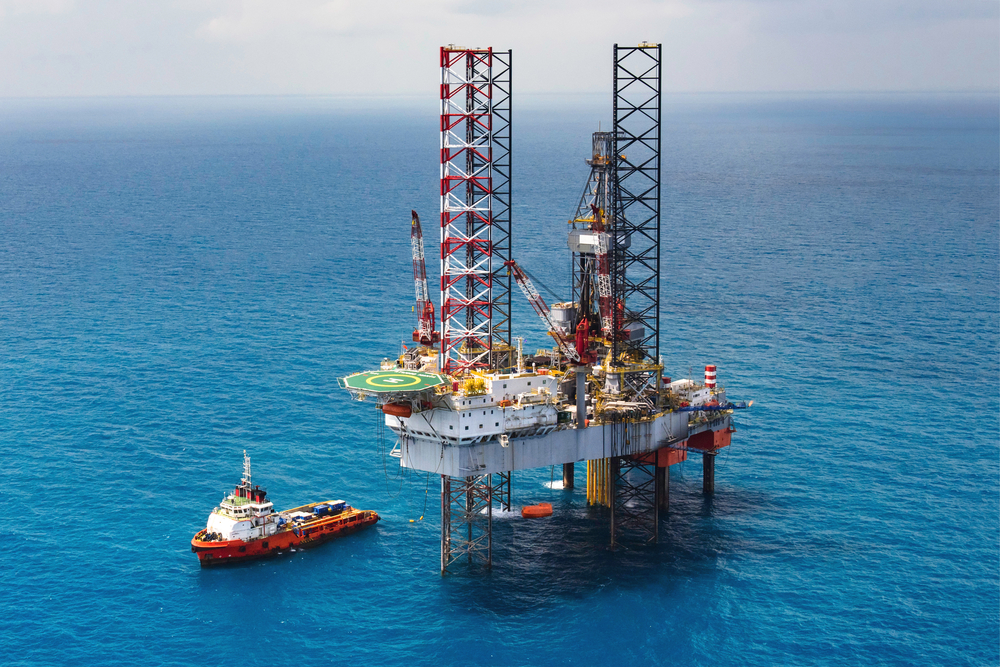
The need to access more oil reserves led to innovations in offshore drilling. Platforms, rigs, and advanced drilling techniques, including deep-water drilling, allowed for the extraction of oil from beneath the ocean floor, unlocking vast new energy reserves.
Enhanced Oil Recovery (EOR)
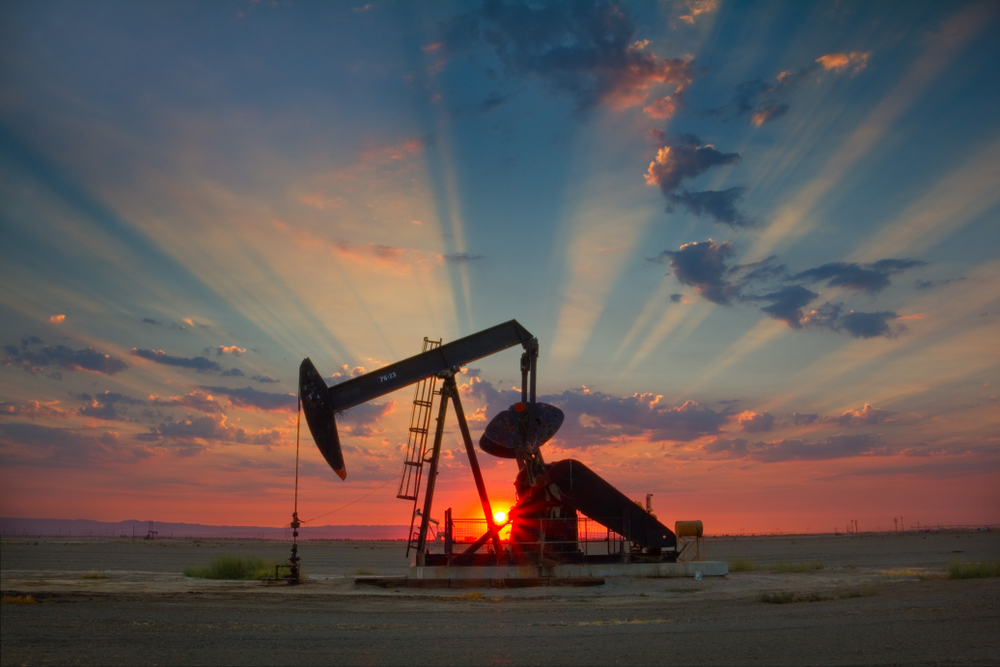
As easily accessible oil reserves have dwindled, the industry has innovated to extract more oil from existing fields. EOR techniques, such as steam flooding or CO2 injection, can increase a field’s production by up to 30-60%, ensuring a more comprehensive utilization of resources.
Development of Remote Areas

Fossil fuels have enabled the development of infrastructure in remote areas by providing the necessary energy to power construction machinery and transport materials, thereby extending civilization’s reach.
Advancements in Deep Sea and Arctic Exploration
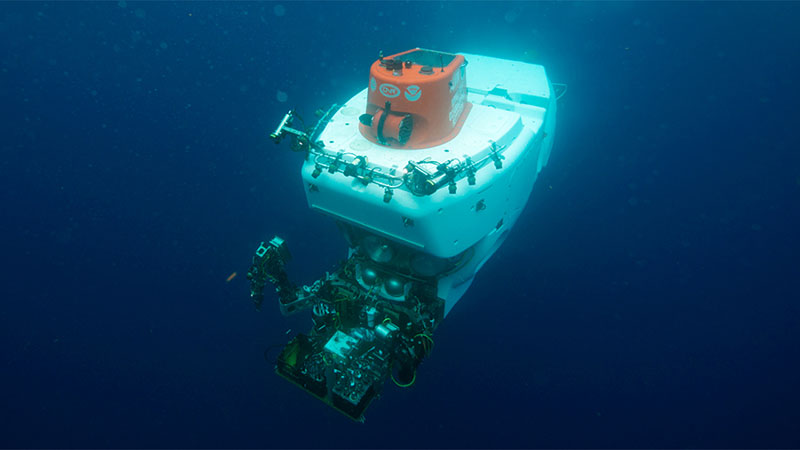
The search for new oil and gas reserves has driven technological advancements in deep-sea drilling and exploration in harsh environments like the Arctic, significantly pushing the boundaries of human technological capabilities.
Influence on Urban Air Quality

The widespread use of fossil fuels, particularly in urban transportation, has had a profound impact on air quality in cities around the world, influencing public health policies and leading to the development of emissions-reducing technologies like catalytic converters.
Shaping of Modern Warfare

The availability and control over oil resources have not only influenced military strategies but have also led to the development of new warfare technologies, including the mechanization of armies and the rise of air power.
Impact on Financial Markets

Fossil fuels play a crucial role in global financial markets. Oil, in particular, is a key commodity traded on futures markets, influencing everything from inflation rates to exchange rates and economic policy.
Rural Electrification
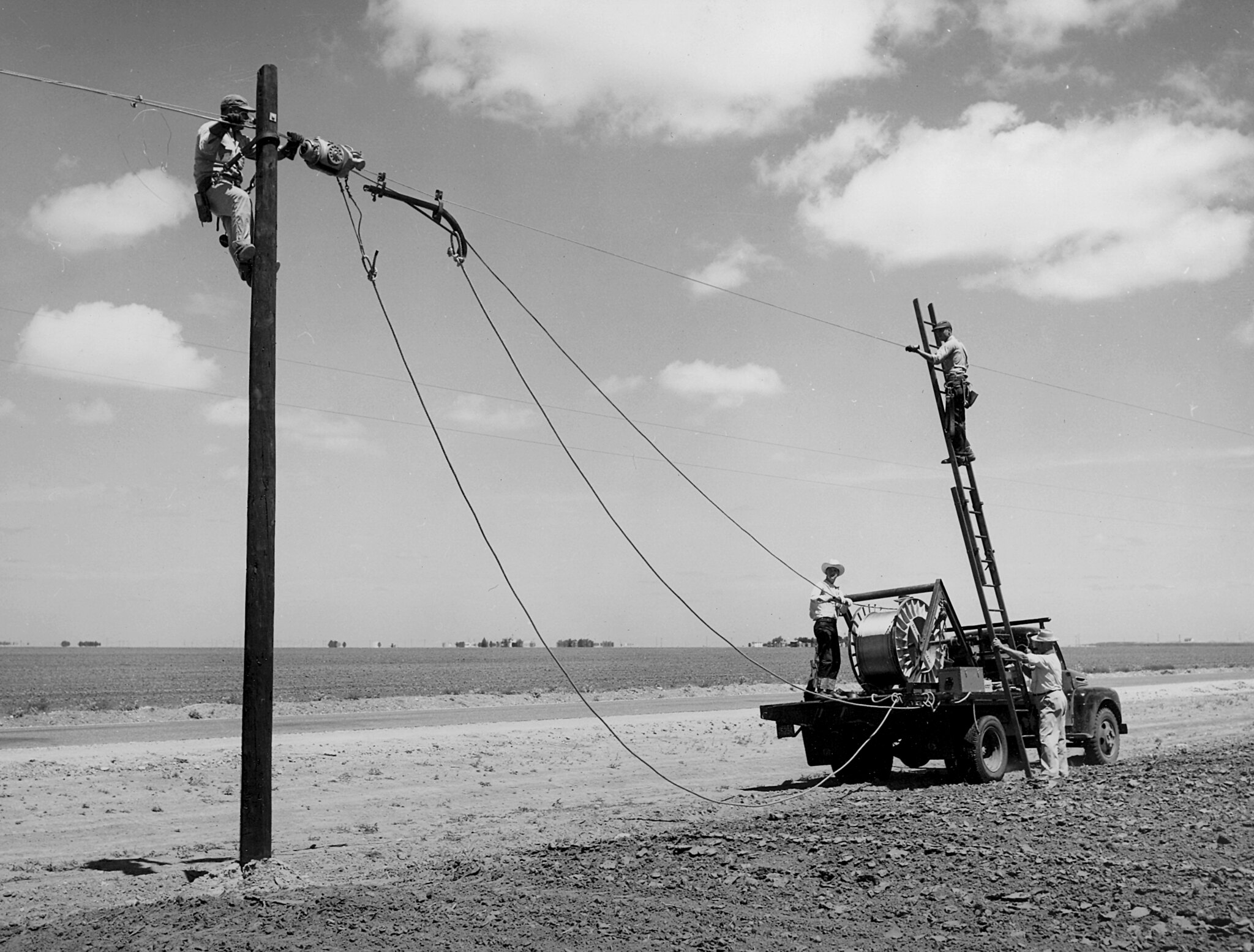
The availability of cheap fossil fuels has made it economically viable to extend electrical grids into rural areas in many parts of the world, significantly altering lifestyles and economic activities in these regions.
Shifts in Labor Markets

The fossil fuel industry has created millions of jobs, from direct employment in extraction and refining to secondary employment in related service industries. This has influenced migration patterns, urban growth, and economic structures globally.
Drive for Scientific Research

The complexity of extracting and refining oil and gas has spurred scientific research and led to innovations in chemistry, physics, and environmental science, broadening our understanding of the natural world.
Cultural Impact

From the oil boom towns of the early 20th century to the portrayal of the oil industry in movies and television, fossil fuels have had a significant cultural impact, shaping perceptions and narratives of progress, wealth, and conflict.
Influence on Water Resources

The extraction of fossil fuels, especially through methods like fracking, has significant implications for water resources, affecting water quality and availability, which in turn influences agricultural and urban water use policies.
This article originally appeared on MyCarMakesNoise.
More from MyCarMakesNoise
11 Classic Corvette Models That Remain Popular

In the realm of American sports cars, the Chevrolet Corvette stands as an enduring symbol of power, elegance, and timeless allure. Since its debut in 1953, the Corvette has undergone numerous evolutions, with each iteration carving its legacy in automotive history. Read More.
10 Things Pilots Wish You Knew Before You Board

As passengers, we’re more attuned to the in-flight movie or the turbulence jolting our coffee, but there’s a rich tapestry of knowledge and protocol ensuring our journey is smooth and safe. Read More.
Top RV Parks Near America`s Stunning National Forests

The whispers of the leaves, the symphony of wildlife, and the majestic vistas create an unparalleled experience for nature enthusiasts. But who says you can’t merge this rustic charm with a hint of luxury? Read More.














